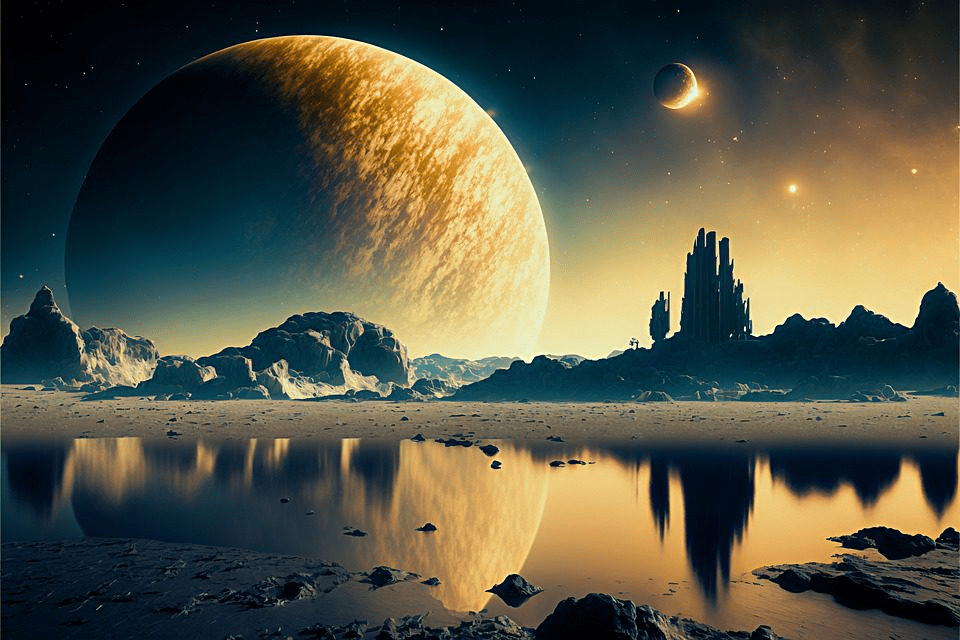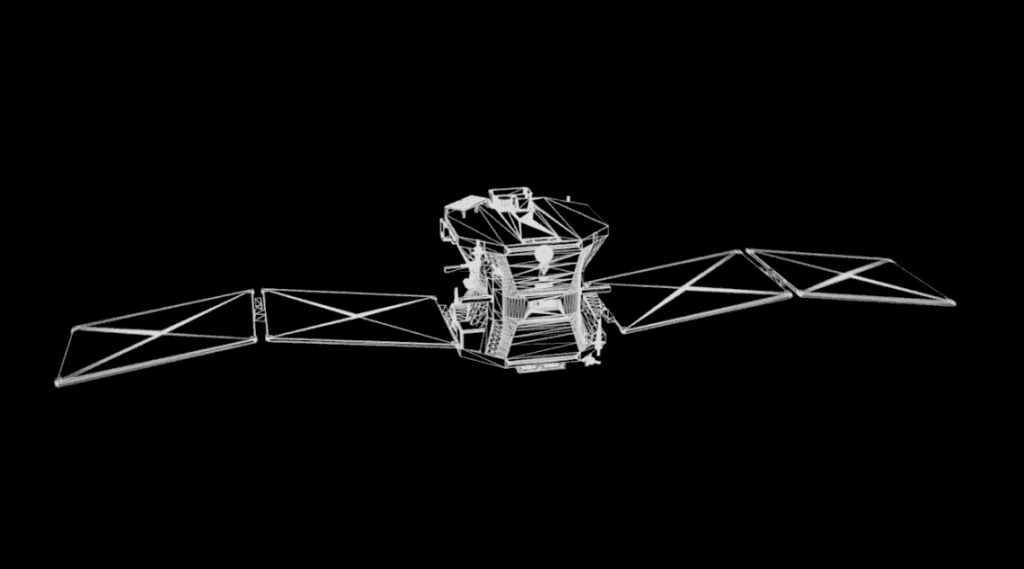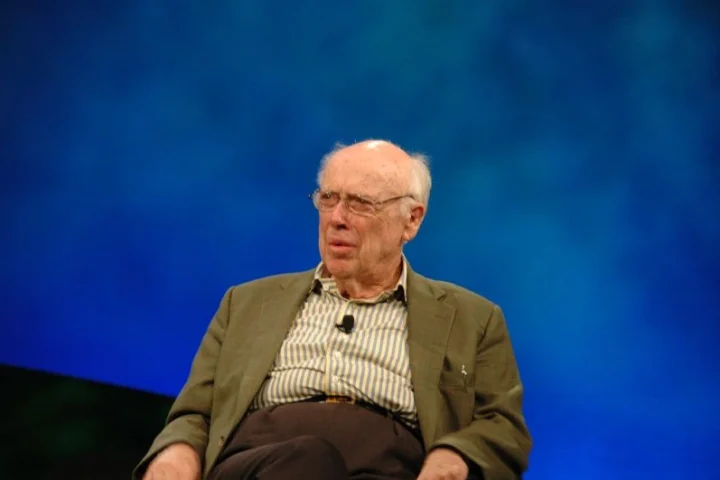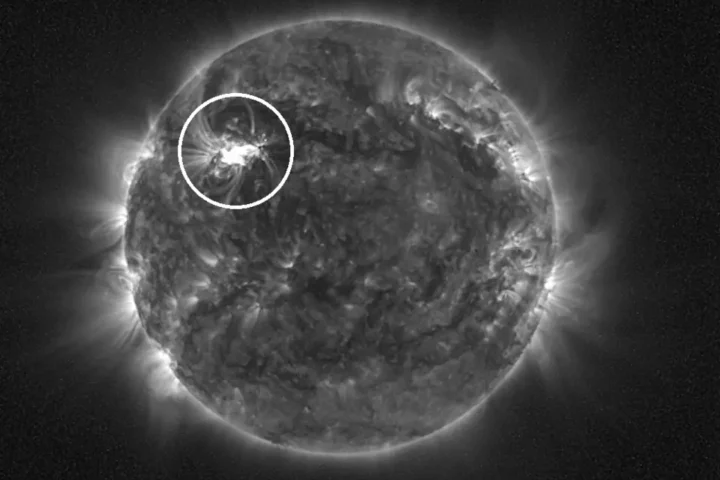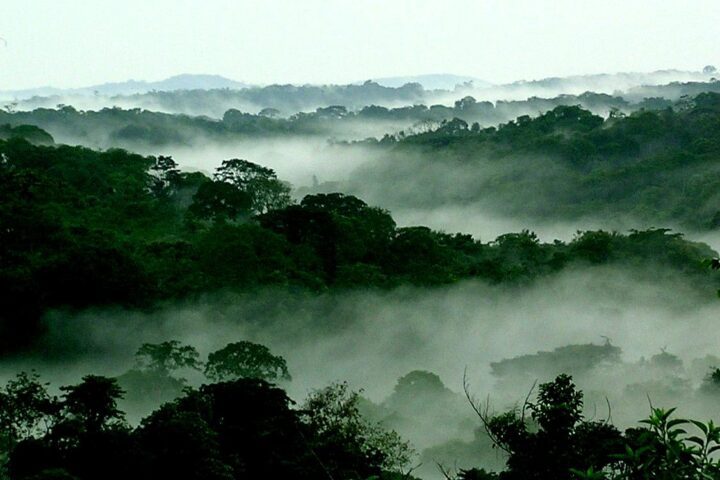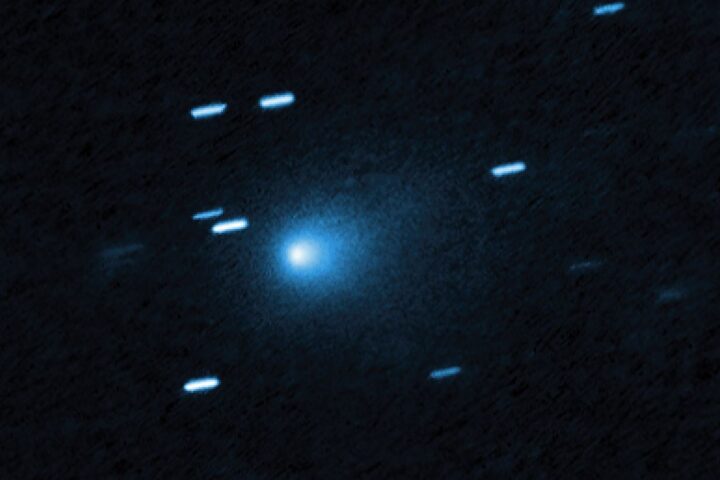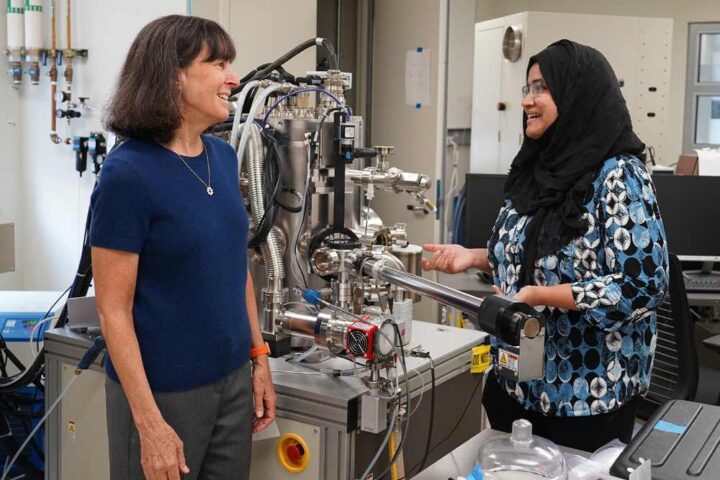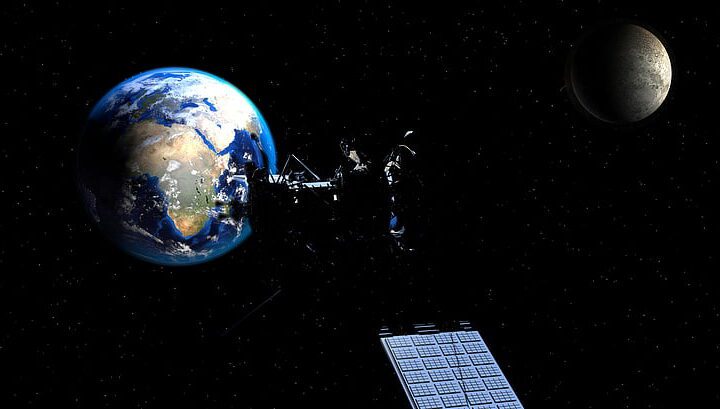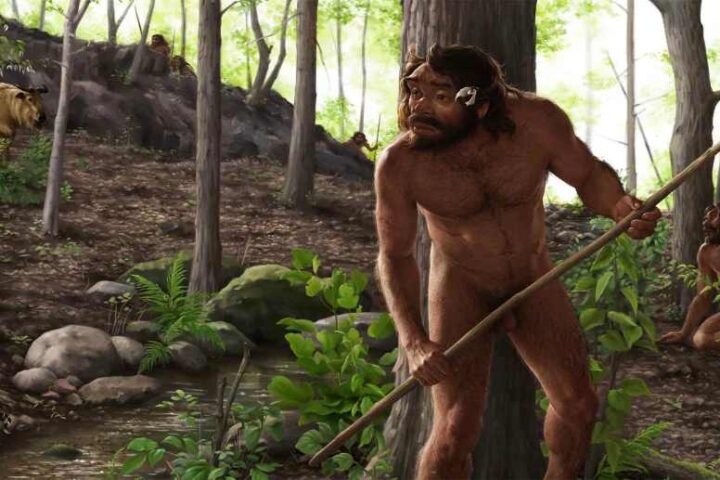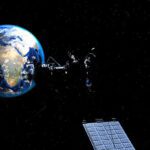According to astrophysicist Giulia Roccetti & her colleagues, moons orbiting rogue planets and staying warm for over a billion years could potentially create habitable conditions for life.
These findings were presented at the Planet-ESLAB 2023 Symposium & published in the International Journal of Astrobiology.
It’s to be noted that the habitable conditions must be stable for hundreds of millions or billions of years for life to thrive.
Some of the 100 starless planets may have moons that can be warm & hospitable.
There may be as many free-floating planets as there are stars in the galaxy, as per computer simulations.
While generating heat through friction, the gravitational pull of a planet on its moon can continually deform it.
Moons are often taken by the planets when they are ejected from the solar system.
The surface may be kept warm enough for liquid water to remain if a moon has a sufficiently thick, heat-trapping atmosphere.
Chemical reactions with the CO2 & hydrogen in the atmosphere could cause water on such a moon.
It was shown by the simulations run by Roccetti & her colleagues that the planets ejected from their solar systems could have habitable moons.
The assumption of the researchers was that the ejected moons were the same size as Earth & orbited their planets in the same orbit after ejection.
The authors of the study wanted to see if gravitational heating occurred & if it lasted long enough for life to potentially originate there.
The earliest evidence of living organisms on Earth dates about 1 billion years after the planet formed, though Earth may have become habitable within a few hundred million years.
The proximity of the sun is not necessary for the habitability & stability of a planet.
According to the study, there may be many places in the universe that could sustain life for billions of years.
